Search

South Dakota 4-H Missed Deadline Agreement
Form for missed deadlines for State 4-H Events
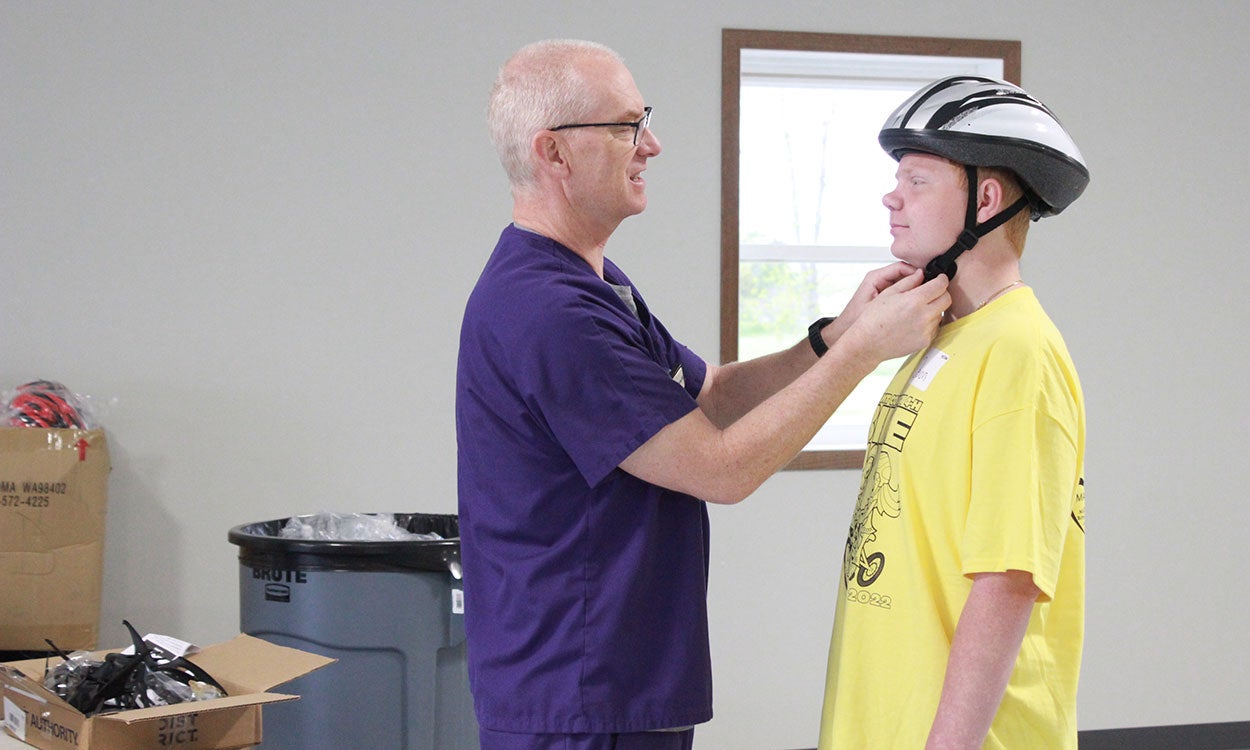
4-H Bike Rodeo and Safety
Overview document including complete lesson plans for a 4-H Bike Rodeo and Safety program to make youth aware of the importance of riding their bike.
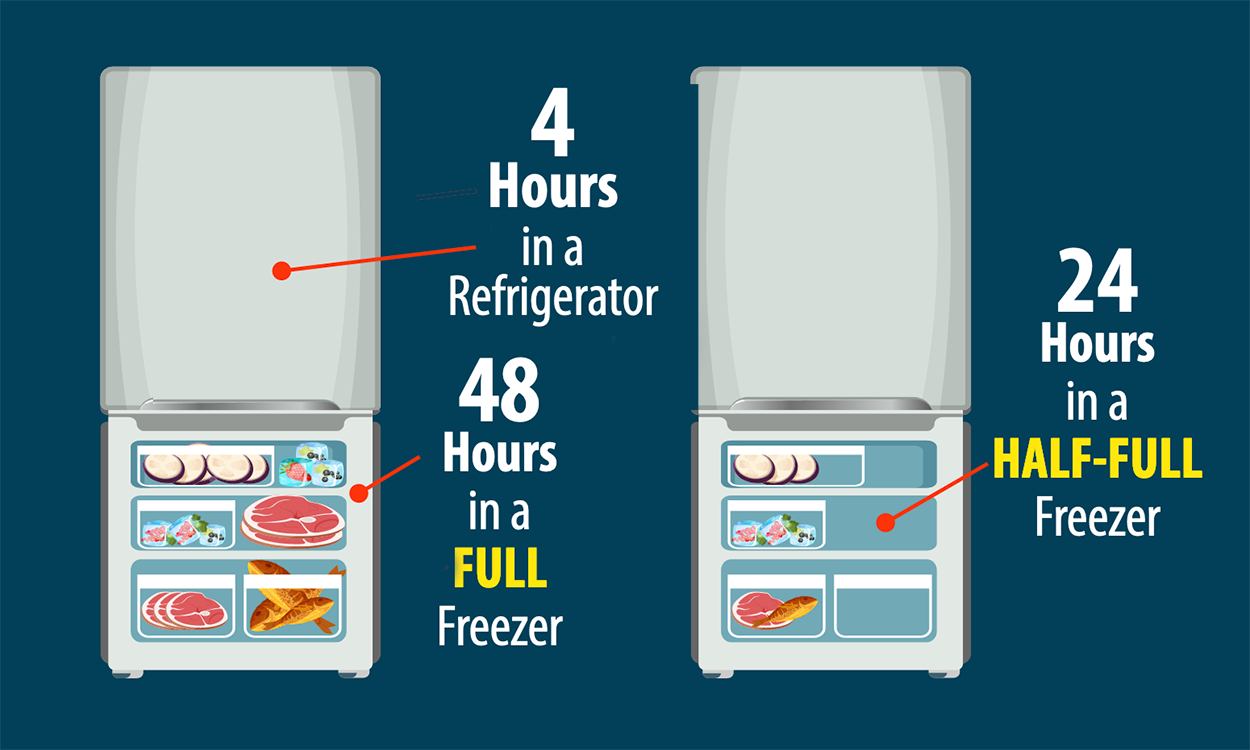
Power Outages and Your Cold Foods
South Dakota is no stranger to power outages and power surges from weather events. Learn some key actions to take before, during and after power outages to keep your cold foods safe.

The Challenges of Farming and Ranching: Identifying the signs of depression
When weather conditions impact farming and ranching, producers can experience large amounts of stress. A normal amount of stress can be productive; however, abnormal amounts of stress can be harmful both physically and emotionally. With the drought that is currently impacting producers, it is important to understand the signs and symptoms of depression.
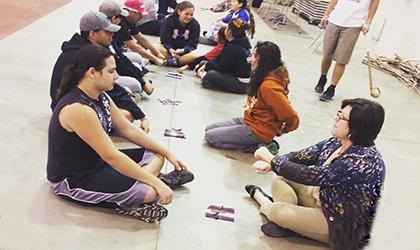
Traditional Native American Games: Beat Boredom
Traditional Native American Games might be just the activity you are looking for to bring the whole family together (and cut down on excess screen time)!
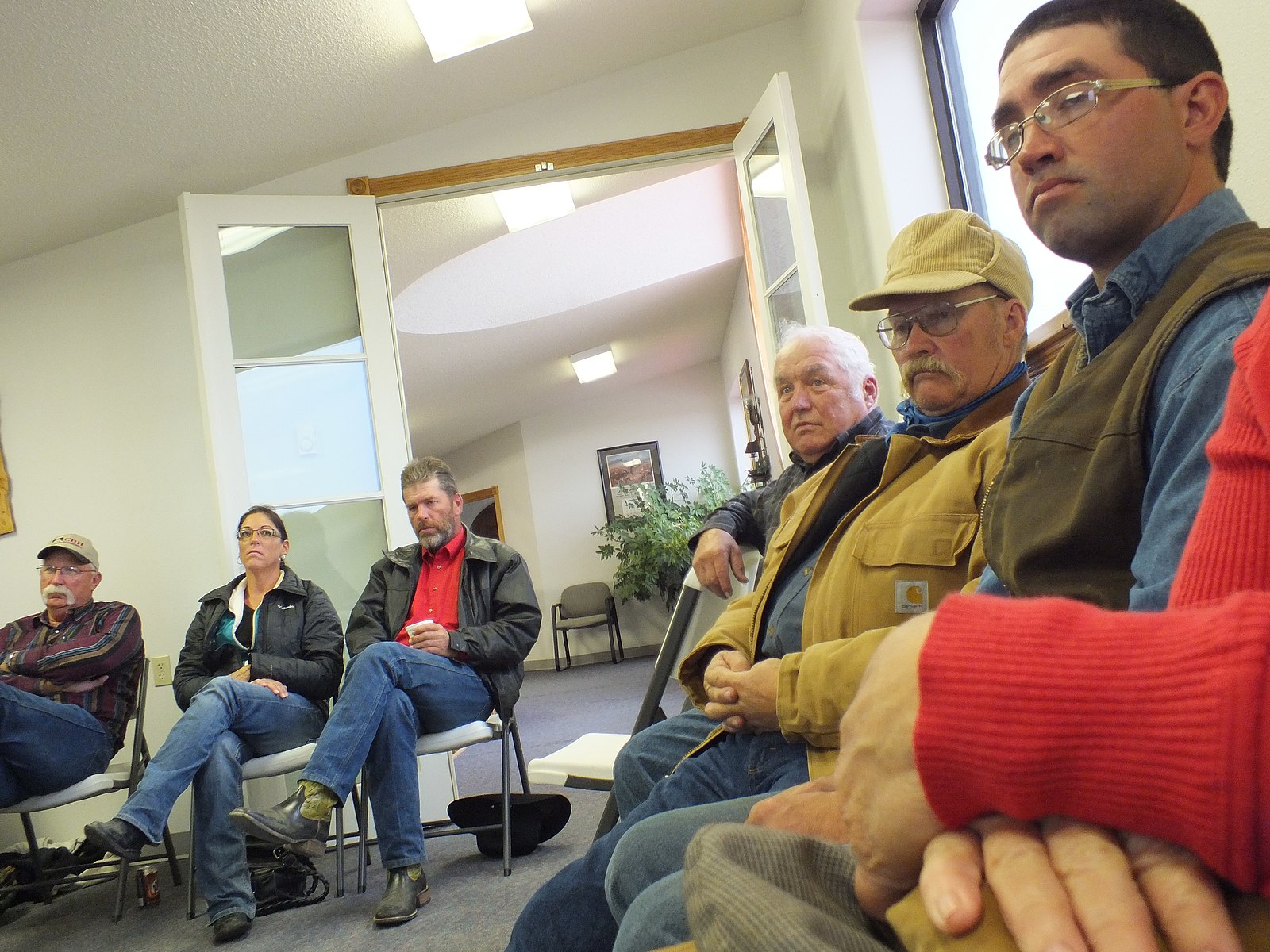
Communication: Importance of Social Support in Agriculture
Maintaining open communication and seeking social support can help producers get through difficult times.

Are you ready for winter? ¿Està listo para el invierno?
The first winter experience can be a challenge if you don’t know what is ahead, except for that there will be snow and cold. Some simple tips will help you survive the snow, ice and low temperatures.
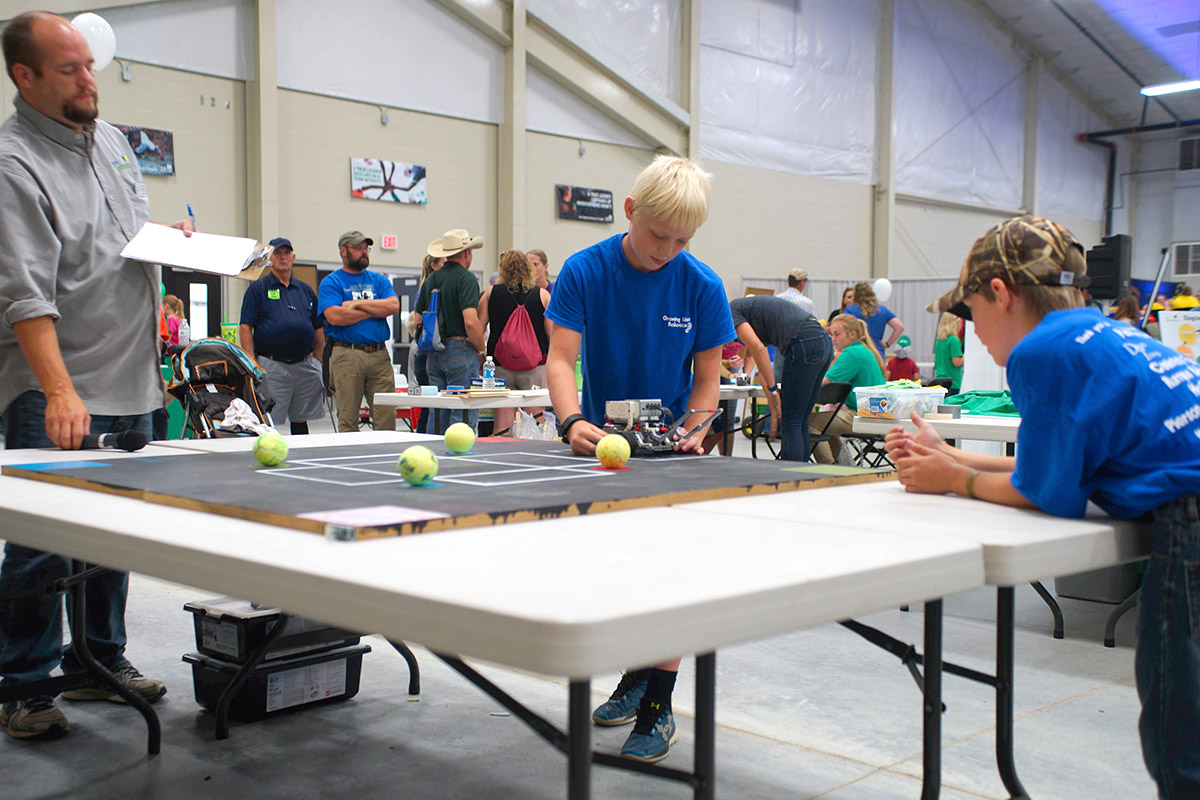
South Dakota 4-H Robotics & Engineering 2019 Challenge Packet - Recycle Challenge
The South Dakota 4-H Robotics Challenge is an opportunity for youth who have been learning about robotics to demonstrate their learning, celebrate their accomplishments, and interact with others who share an interest in robotics.

West Nile in South Dakota: Expect Cases Into Early Fall
While it’s true that in South Dakota most West Nile Virus cases occur during August, new human infections are detected well into September in most years.
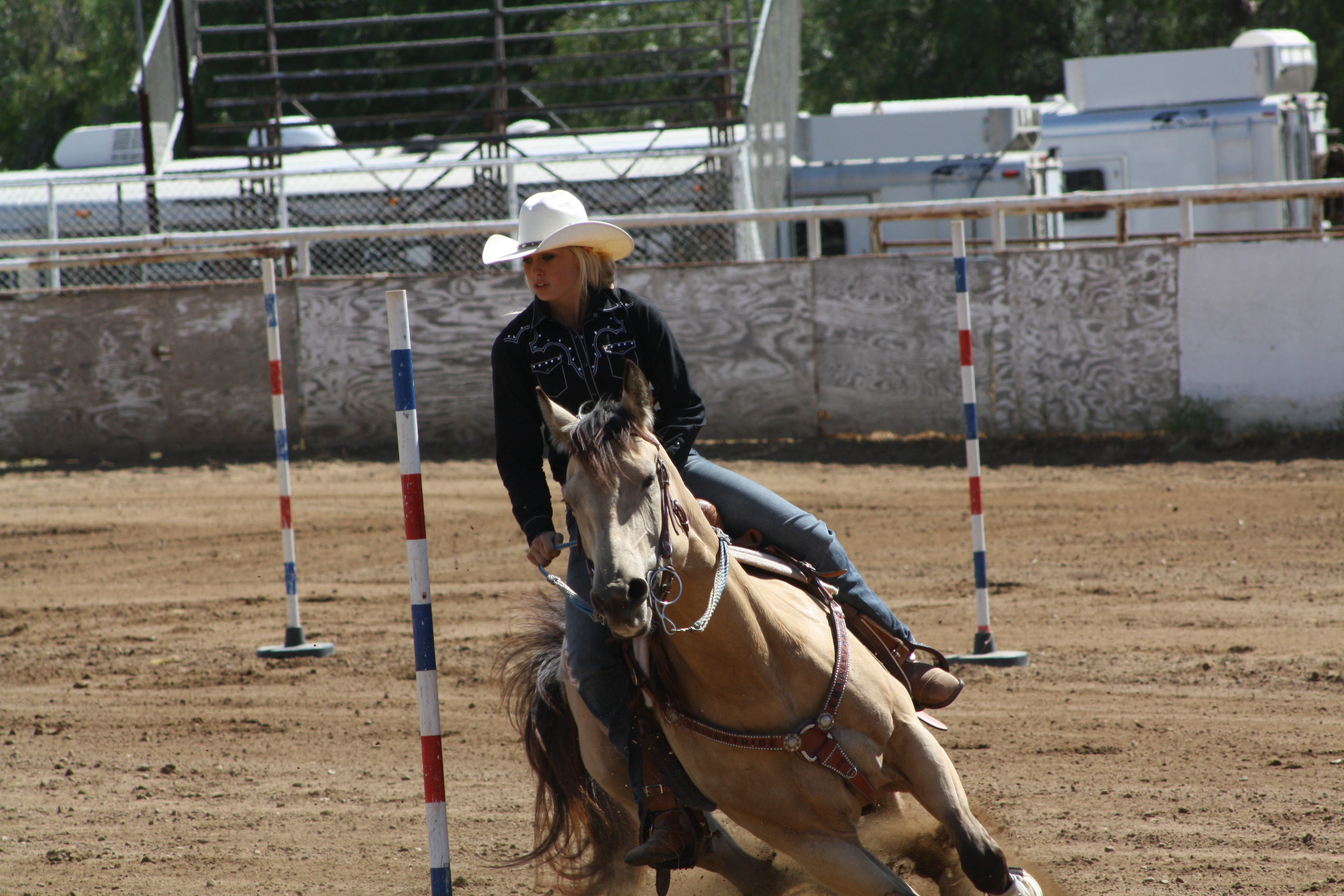
State 4-H Rodeo Resources
View the documents and forms to participate in the State 4-H Rodeo.